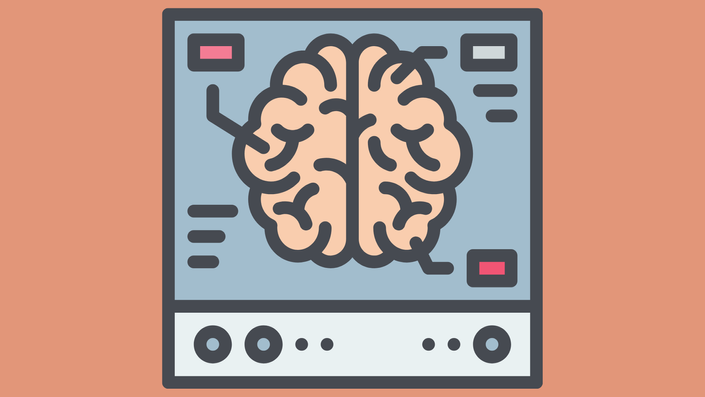
9. Using Neuroscience to support an Emotionally Resilient & Mindful School - 2025
Understanding the child's brain to enable practical tips and strategies to enable resilience across the school environment
Stresses are a part of life for us all. A cornerstone of good mental health for both students and Teachers is resilience in the face of these stresses. The aim of this course is to use the Actualise Academy Model of Neuroscience, Clinical/Emotional Psychology and Behavioural Science to introduce teachers to the cognitive, emotional and behavioural factors that impact upon both teacher and student well-being.
Topics covered include brain basics, healthy emotional regulation, and the Stop/Think/Do Model.
Our comprehensive lesson plans and resources provide you and your learners with the skills to overcome challenges and thrive both at home and in school.
LEARNING OUTCOMES:
Here is a list of the modules in this course, with the learning outcomes of each. We also build in School Self Evaluation into all courses, making the SSE Process as smooth as possible:
Module 1: Brain Basics. Participants will learn:
- Basic functions of the brain, including the limbic system and the neocortex. This introduction will outline the mechanisms by which mindfulness and other simple techniques can improve wellness and emotional resilience
Module 2: Controlling Your Body To Control Your Mind. Participants will:
- Engage in an analysis of the physiology of mindfulness and breathing, and how they directly affect brain function. Through this mechanism we will learn about ways to control physiology in order to maintain mental wellbeing, which will be beneficial to both teacher and student
Module 3: Healthy Emotional Regulation. Participants will learn:
- How developmental psychology and models of emotion regulation help us understand how emotion interacts with thoughts and behaviour and provide foundational tools for encouraging healthy emotional regulation.
Module 4: Key Psychological Skills & Habits. Participants learn about:
- Behavioural psychology, and the psychology of habit. Approaches to health behaviour and welllness will be discussed in the context of a Cognitive Behavioural Approach. Students will interact and learn about behavioural techniques that they can teach to their students to improve emotional resilience.
Module 5: Stop. Think. Do. Participants learn:
- Practice-based material that will give teachers the skills to teach Stop, Think, Do as well as other coping and tolerance skills. The Check In, Check Out (CICO) system of intensive interaction will also be discussed with the framework of the promotion of healthy school interactions.
Additional Resources Available With This Course:
Additional resources include plans, podcasts, research articles, guides, posters and much more.
"The course leaders were very quick to respond with feedback. I enjoyed completing the course which was well laid out and contained a lot of useful information. There is also an abundance of additional resources available to read and download. i would definitely recommend this course and will consider Actualise Academy again for my CPD needs. Thank you!
- Ms. Eileen O'Connor
Your Instructor
Michael trained as a Doctor and Behavioural Neuroscientist who has founded and runs Ireland’s largest Neurofeedback Training and Psychology Clinic. He is an academic and author, and is a reviewer for a number of academic journals, including Frontiers in Human Neuroscience. He works with a number of charities too, and is the Neuroscience Lead at A Lust For Life. He is particularly interested in how understanding the brain can help us to make sense of behaviour and mental health. He is a firm believer in empowering people with an understanding of how brains work, because with that knowledge we can help understand each other better and reduce stigma associated with mental health.